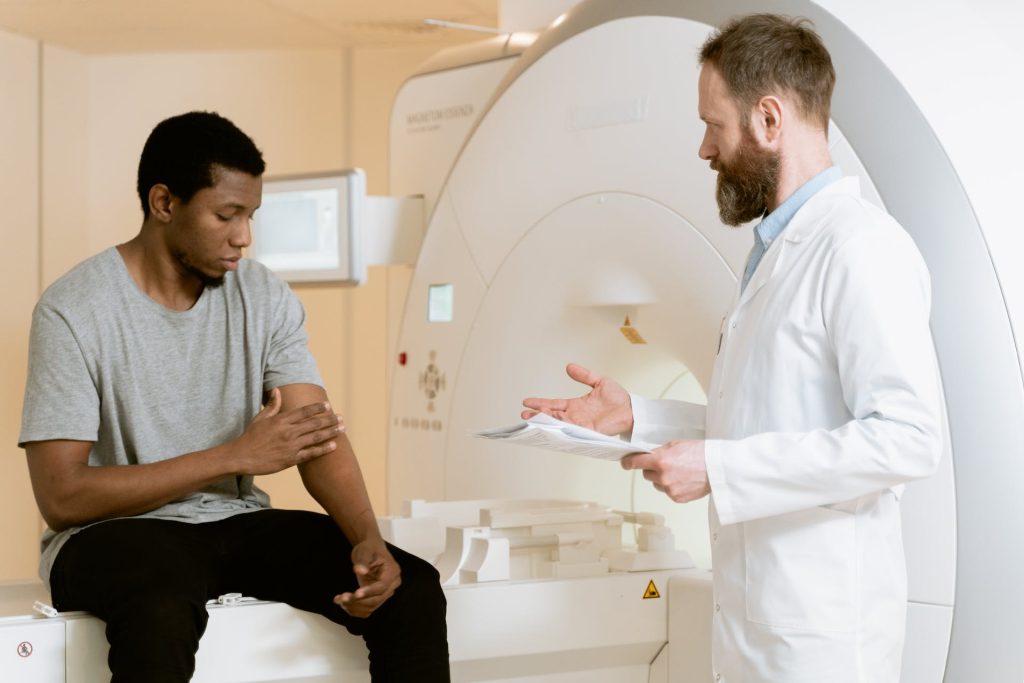Learn about prostate enlargement
Prostatic hypertrophy is a common disease of the male reproductive system, and its main feature is non-malignant hyperplasia of prostate tissue.
As we age, the prostate gradually enlarges, which may cause pressure on the urethra and cause a series of urinary tract symptoms. Most men will experience prostatic hypertrophy.
Although this is not cancer, it can cause a range of urinary tract symptoms and affect quality of life.

What are the symptoms of an enlarged prostate?
- Frequent urination,
- Urgency to urinate,
- Frequent urination at night,
- Weak urinary stream,
- Feeling of urinary retention,
- Difficulty urinating, etc
These symptoms may gradually worsen, affecting the patient’s sleep and daily activities.
What are the causes of prostate enlargement?
The exact cause of prostate enlargement is unknown but is related to changes in hormone levels and aging.
Changes in androgen levels may cause prostate cells to proliferate, forming enlarged prostate tissue.
Genetic factors, lifestyle, and inflammation may also play a role in the development of prostate enlargement.

What are the possible complications of prostate enlargement?
An enlarged prostate may cause complications, including:
- Urinary tract infection,
- Bladder stones,
- Bladder muscle dysfunction,
- Kidney damage.
What are the treatments for prostate enlargement?

Medication
Taking medication under your doctor's advice can help relieve symptoms.

Surgical treatment
Including transurethral resection, transurethral endoscopic surgery, etc.

Minimally invasive treatment
Including radiofrequency treatment and laser treatment.

How to prevent prostate enlargement?
Although prostate enlargement cannot be completely prevented, there are steps you can take to reduce your risk.
- Exercise regularly.
- Balanced diet.
- Drink plenty of water.
- Avoid excessive intake of irritating substances.
Regular physical examinations are also key to detecting problems early and dealing with them promptly.
Genetic factors cannot be changed, but through active lifestyle management, the risk of disease can be reduced to a certain extent.